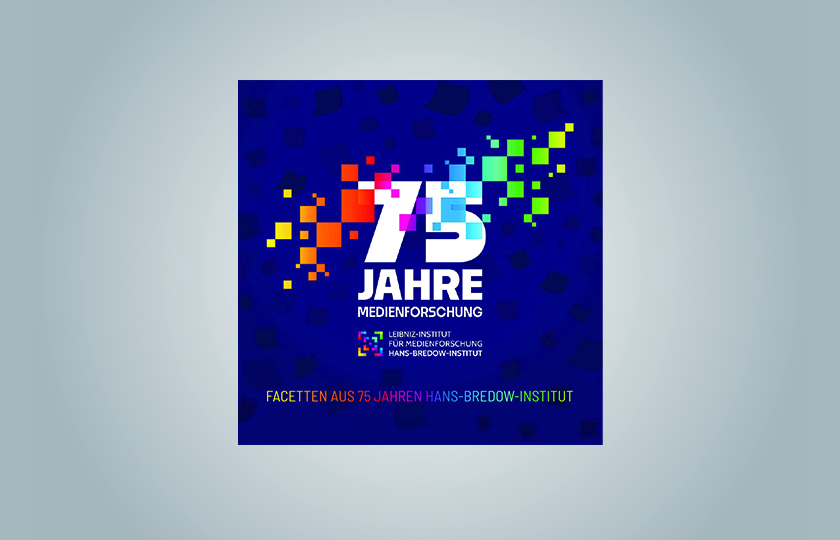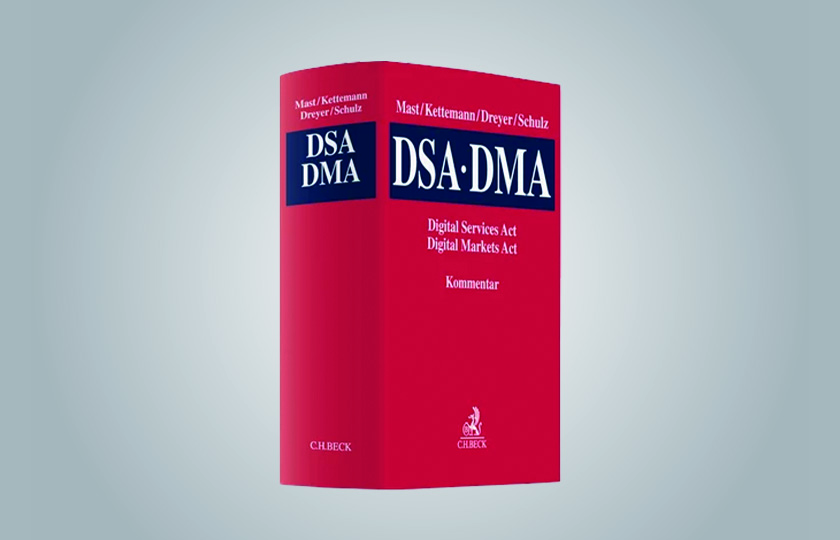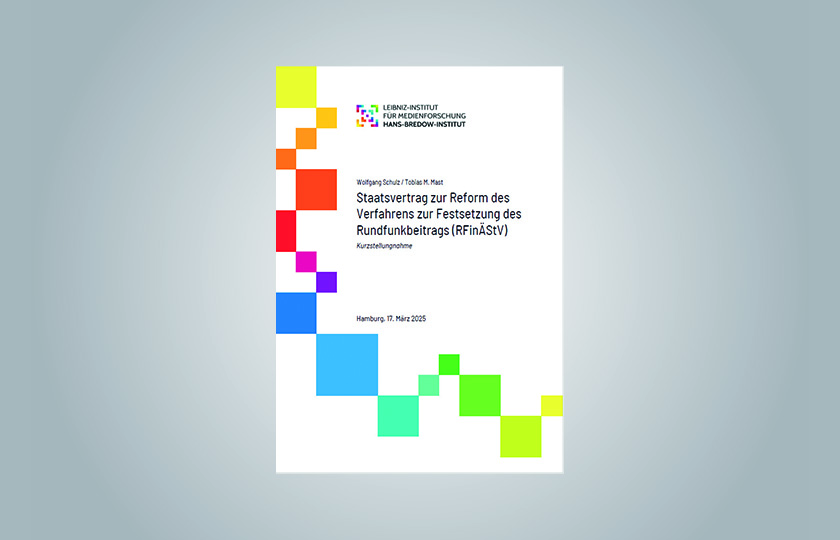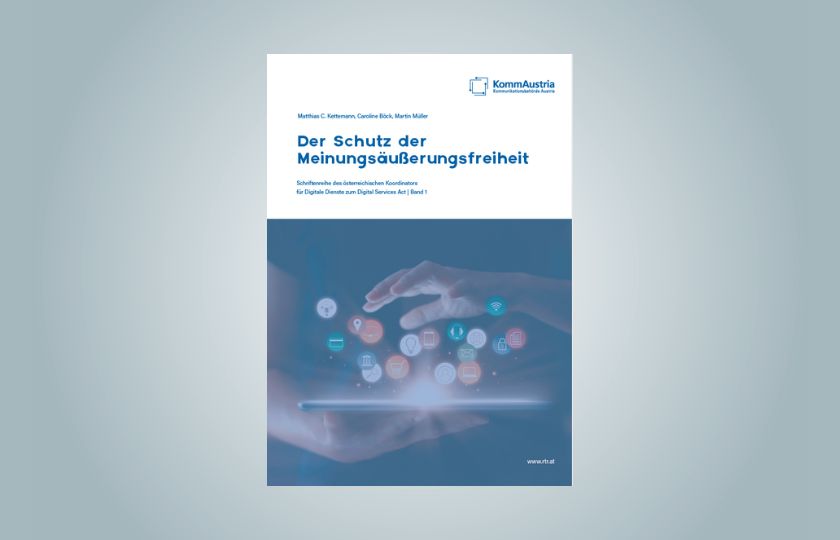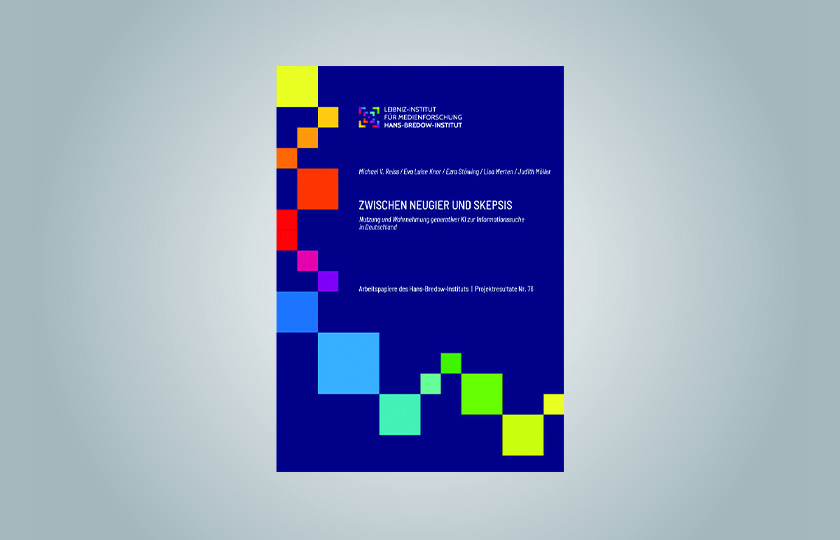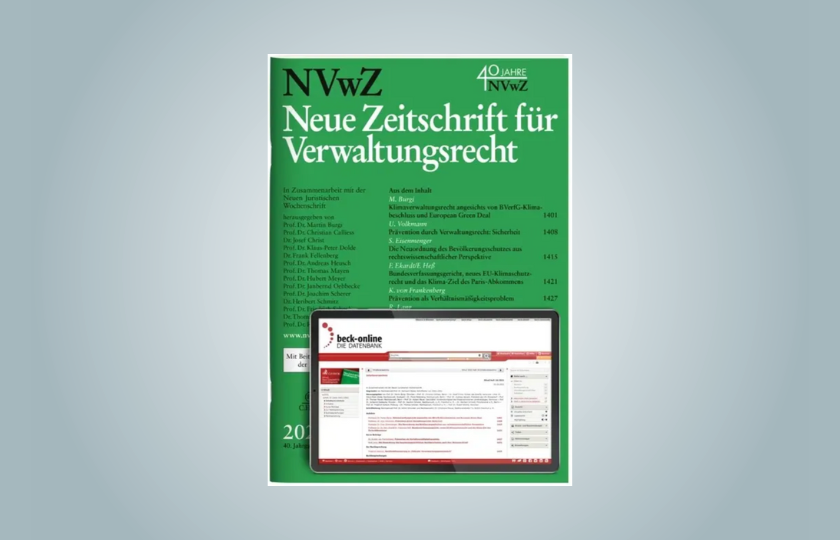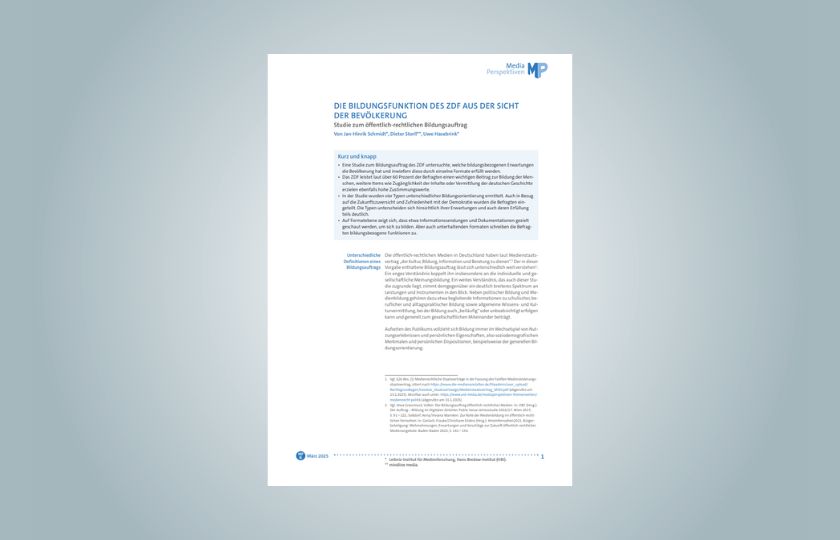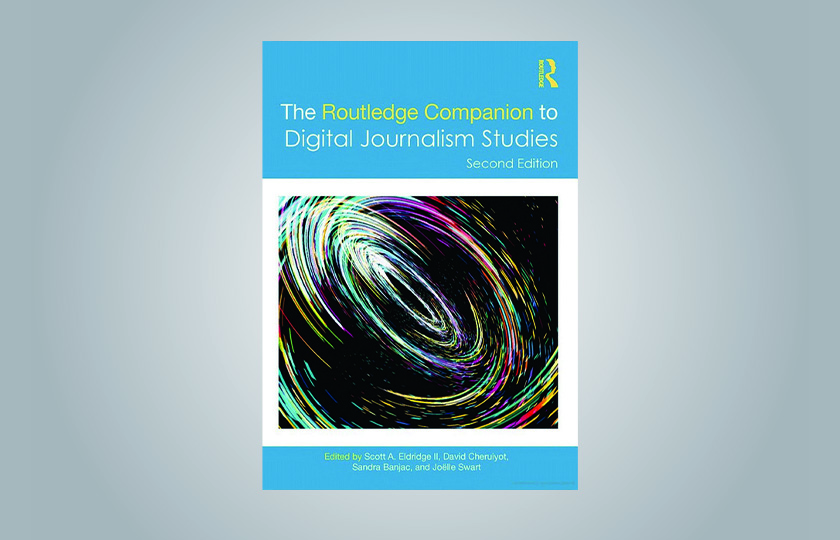Cornelius Puschmann is Professor at the Centre for Media, Communication and Information Research (ZeMKI) at the University of Bremen with a focus on “Digital Communication” and Associate Researcher at the Leibniz Institute for Media Research │ Hans-Bredow-Institut (HBI). From October 2016 to September 2019, he was a senior researcher at the institute and coordinated the postdoctoral research network Algorithmed Public Spheres (APS). Until October 2016 he worked as project manager at the Alexander von Humboldt Institute for Internet and Society (HIIG) in Berlin. There, he was involved in the “Networks of Outrage” project, which the Volkswagen Foundation supported as part of the “Science and Data Journalism” program. His areas of interest include hate speech, the role of algorithms in the selection of media content, and methodological aspects of computational social science.
Cornelius Puschmann completed his PhD at the University in Düsseldorf in 2009 with a corpus-based study on US-American corporate blogs and was subsequently a member of the junior research group “Science and Internet” (2010-2012). From 2012, he was a research assistant at the Institute for Information and Library Science (IBI) at the Humboldt University in Berlin, where he was responsible for the DFG project “Vernetzung, Sichtbarkeit, Information? Nutzungsmotive informeller digitaler Kommunikationsgenres unter Wissenschaftlern [Networking, Visibility, Information? Motives for Using Informal Digital Communication Genres among Scientists].” From January to July 2013, Cornelius Puschmann was a visiting scholar at the Oxford Internet Institute at Oxford University and, from September 2013 to August 2014, a visiting assistant professor at the Department of Media Studies at Amsterdam University. At the Zeppelin University in Friedrichshafen, he represented the Chair of Digital Communication in 2015/2016. From fall 2015 to fall 2016, he was Faculty Associate at the Berkman Klein Center for Internet and Society at Harvard University.
Cornelius Puschmann is co-editor of the 2014 volume “Twitter and Society” (Peter Lang) and member of the editorial board of the Journal of Broadcasting and Electronic Media.
His personal website is available at cbpuschmann.net.


